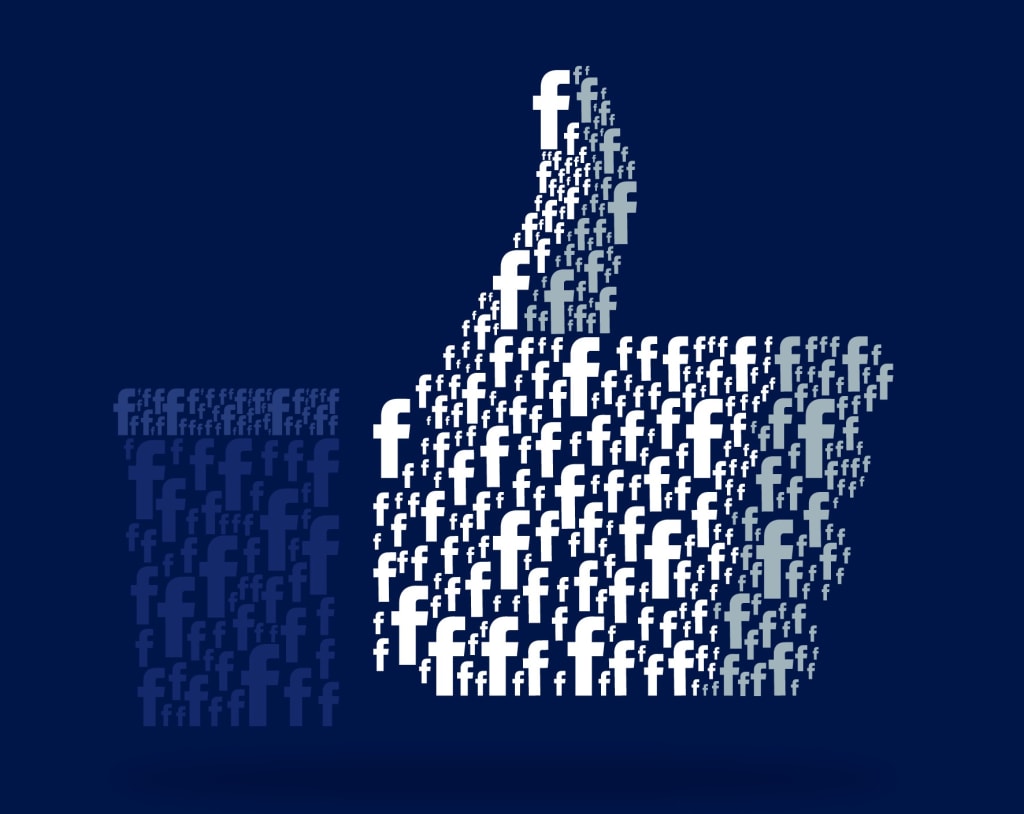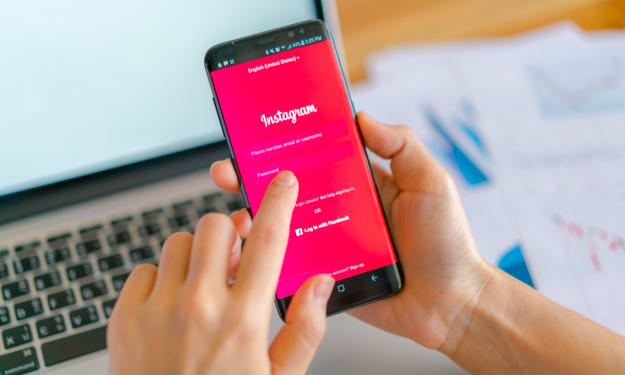The Brand Meaning co-creation process on Facebook and Twitter
By Brandsandu.com

Co-creation in the case of business means a product or service design process which involves input from the consumers as a major part and that plays a central role from start to end.
Customers can find in a brand not only the means to satisfy their needs but also create the emotional link with it and the one creating it. By identifying a brand amid an ocean of advertisement, the decision-making process is less complex for the customer and in many cases, it can be accompanied by a positive association brand-customer which generates a specific self-image perception on the consumer (Keller et al. 2011, 8). Social networks like Facebook, Twitter, etc. have the potential to be effective channels for companies to interact with their customers and get real-time feedback on their products. Currently, Facebook pages provide a way for casual interaction between a brand and their fans – a company posts a photo, which fans can comment on or share – but lacks methods to gain insights into providing a better user experience or what a company could be doing to best serve their most loyal customers. Co-creation through social media builds meaningful relationships with consumers, increasing customer satisfaction, generating brand advocacy, and increases social media return on investments.
Co-creation process on Facebook and Twitter
Co-creation is defined as “an act of collective creativity, i.e. creativity that is shared by two or more people”
(Sanders E. B.-N, & Stappers, P.J. 2008). Co-creation is interchangeably used with user innovation or co-innovation, which comparably states that consumers are involved in new product development where they act as a source of innovation to increase the value of the new product or service (Bogers, M., Afuah, A., & Bastian, B. 2010). Co-creation via the Internet is an upcoming trend. It can also be defined as crowdsourcing since firms use their consumers (i.e. crowd) to find new solutions or improve existing products or services. Social media brand communities (SMBus) have been proliferating over the years at an exponential rate in the present times. Nowadays, there is not even a single brand, at least among the 100 leading brands in the FMCG sector which does not maintain an active presence across the major social media platforms, and that does not own the requisite social listening skills for monitoring discussions and transforming them into actionable insights. Brands recognize that their Facebook fans are valuable customers, for both their purchase value and referral value, by following the various tags and mentions on Facebook and Twitter. A recent research study found that Facebook fans are 79% more likely to purchase than non-fans. Social amplification is significant as well: 74% of fans are likely to recommend the brand to their network compared to 38% of non-fans. Another study by Bain Consulting shows that an Apple fan is worth about 90% more to Apple than a non-fan. Involving the customers in the production process provides a sense of ownership, contributing to overall brand influence on social media and building brand communities. Co-creating using the tools of social media can speed up the production process and engage social prosumers at the same time. More specifically, although consumer engagement with branded content, as well as the ubiquitous user‐generated content, have been indicated as indispensable aspects of brand meaning co‐creation, big data analytics have been merely scratching the surface of engagement by focusing on segmenting user‐generated comments into generic types, such as positive, negative, or neutral comments for ascertaining brand sentiment.
The benefits that can be incurred from co-creation:
Increased return on investment: Sharing the power and Co-creating with the consumers on the social media platforms like Facebook and Twitter helps the firms to grow sales and profit in the long run.
Improved customer insight: Being able to engage with consumers helps firms to better understand their consumer needs and validate learnings from formal market research.
Expanded intellectual resources: Engaging with the consumers on a more personal level through these social media helps in increasing the intellectual property of a firm and aids its competitive position in the marketplace.
Better quality of service: Co-creation enables firms to enhance the service that they provide.
Stronger brand: The Co-creation strategy helps to enable the alignment of brand perception and brand identity, increasing the value of the brand.
Enhanced brand experience: Researchers have noted that co-creation with consumers leads to better experiences, in turn leading to greater customer satisfaction, more referrals and word-of-mouth, new customer acquisition, and repeat business.
Ramaswamy and his co-author Francis Gouillart wrote: “Through their interactions with thousands of managers globally who had begun experimenting with co-creation, they discovered that enterprises were building platforms that engaged not only the firm and its customers but also the entire network of suppliers, partners, and employees, in a continuous development of new experiences with individuals.”
About the Creator
Brandsandu
Brandsandu Is A Complete 360 ° Branding & Digital Marketing Company In Delhi & Ncr Providing A Complete Solution From Branding To Social Media, From Public Relations To Media Buying To Interactive Solutions.






Comments
There are no comments for this story
Be the first to respond and start the conversation.